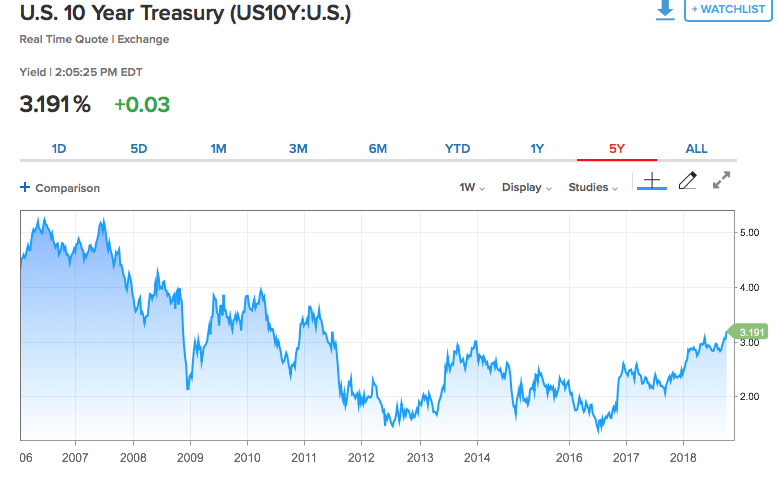Did the U.S. Government Purposely Cause the Inflation We’ve Seen the Past Few Years?
As we approach the final days of the 2024 presidential election, the economy, specifically high prices, is top of the list for most voters.
When pressed, elected officials and their surrogates offer a variety of reasons for the extremely high inflation that we’ve suffered over the past few years.
For those who were in charge during that time, the pandemic is the typical scapegoat. And price gouging by greedy corporations.
But, what if the government itself was purposefully responsible for creating and enabling the inflation we continue to battle?
To understand why that question is even being asked by some, you have to understand the significant financial pressures the U.S. is facing. The U.S. government is currently $35 trillion in debt. This year, 2024, America will add another $1.8 trillion due to spending more than it brings in. And because of increased interest rates – we’re all aware of those, aren’t we – the U.S. government is paying $892 billion in interest payments alone on that debt (that’s more than what the U.S. spends on defense for the year).
Our fiscal situation is a mess, and no one is taking it seriously.
So, I asked ChatGPT to explain how a government could inflate away its debt and how it would affect individual citizens in the process.
Here’s what it said. See if anything sounds familiar.
“Inflating away debt means the government uses inflation to reduce the real value of the money it owes. Here’s how it works:
- How Inflation Affects Debt: The U.S. government owes $35 trillion in debt. If inflation rises, the value of money decreases. In simple terms, $1 today would be worth less in the future. If inflation goes up a lot, the government could pay back its $35 trillion in “cheaper” dollars. For example, what might cost $1 trillion today could feel like a lot less in the future because prices and wages would rise, making that $1 trillion less valuable in real terms.
- How the Government Might Create Inflation: The government (through the Federal Reserve) could encourage inflation by printing more money or keeping interest rates low for a long time. More money in the economy often leads to rising prices.
- Impact on U.S. Citizens:
- Higher Prices: Everyday goods and services like food, gas, and housing would get more expensive because inflation makes prices rise.
- Savings Lose Value: Money saved in the bank would lose purchasing power over time. For example, $10,000 in savings today could buy fewer things in the future if inflation is high.
- Wages Might Not Keep Up: While some people might see wage increases, they may not keep up with the rising cost of living. This means people could feel poorer even if they’re earning more.
- Benefits to Borrowers: On the flip side, people with fixed debts (like a mortgage) could benefit because they’re repaying in cheaper dollars too, just like the government.
In short, while inflating away debt could help the government reduce the real burden of its $35 trillion debt, it could hurt individuals by reducing the value of their money and increasing living costs.”
Hmmmm.
We will never know the true reason for why inflation was allowed to get out of control. If the government did do it on purpose, it sure as hell will never admit to it.
The one question I have regarding the potential purposeful use of inflation to tame the debt monster revolves around the premise that inflation allows for the repayment of the debt with “cheaper” dollars.
The problem is, our government hasn’t made one iota of an attempt to repay anything. In fact, it’s moved to spend even more, evidenced by funding of migrants, attempting to forgive student loans, and the passage of massive spending bills, to name just a few.
We just don’t have the money at this point, and taxing more won’t even get us close.
Yet both of the candidates for president this year are talking about additional spending like we’re rolling in dough. If only.
What do you think? Did the U.S. government purposefully cause inflation to help with its debt problem?



